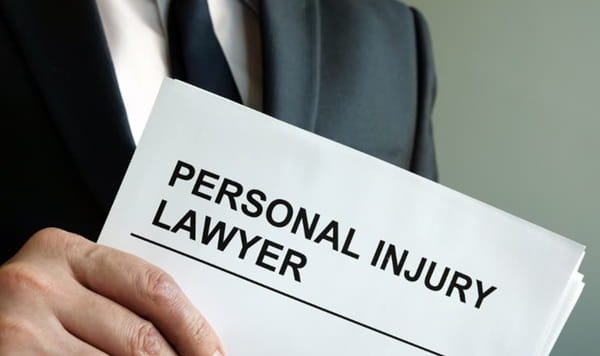OpenAI, the developer of the AI language model ChatGPT, is entangled in a legal dispute with Indian news agency Asian News International (ANI). ANI has accused OpenAI of utilizing its published content without authorization to train ChatGPT, leading to a lawsuit filed in the New Delhi High Court.
The Legal Dispute

ANI’s lawsuit alleges that OpenAI infringed upon its intellectual property rights by incorporating ANI’s news articles into ChatGPT’s training data without prior consent. The news agency contends that this unauthorized use not only violates copyright laws but also results in the dissemination of information that may be inaccurate or misleading, potentially damaging ANI’s reputation.
OpenAI’s Defense
In response, OpenAI has informed the Indian court that complying with an order to remove ANI’s content from its training data would conflict with its legal obligations under U.S. law. The company asserts that U.S. regulations mandate the preservation of existing training data during ongoing litigation, thereby preventing any alterations or deletions. Additionally, OpenAI maintains that Indian courts lack jurisdiction over this matter, as the company does not operate within India.
Broader Implications
This lawsuit is part of a growing trend of legal challenges faced by AI developers worldwide concerning the use of copyrighted material for training models. In the United States, prominent publications like The New York Times and the Chicago Tribune have initiated similar legal actions against AI companies, including OpenAI, alleging unauthorized use of their content.
The outcome of ANI’s lawsuit against OpenAI could set a significant precedent in India regarding the intersection of artificial intelligence and intellectual property rights. As AI technologies continue to evolve, establishing clear legal frameworks that balance innovation with the protection of intellectual property becomes increasingly crucial.
Next Steps
The Delhi High Court has scheduled the next hearing for January 28, during which both parties are expected to present further arguments. Legal experts anticipate that the court’s decision could influence future cases involving AI and copyright infringement in India, potentially prompting the development of more comprehensive regulations governing the use of AI technologies.
As the case progresses, it underscores the necessity for ongoing dialogue between technology developers, content creators, and legal authorities to navigate the complex challenges posed by the rapid advancement of artificial intelligence.
Anantha Nageswaran is the chief editor and writer at TheBusinessBlaze.com. He specialises in business, finance, insurance, loan investment topics. With a strong background in business-finance and a passion for demystifying complex concepts, Anantha brings a unique perspective to his writing.


